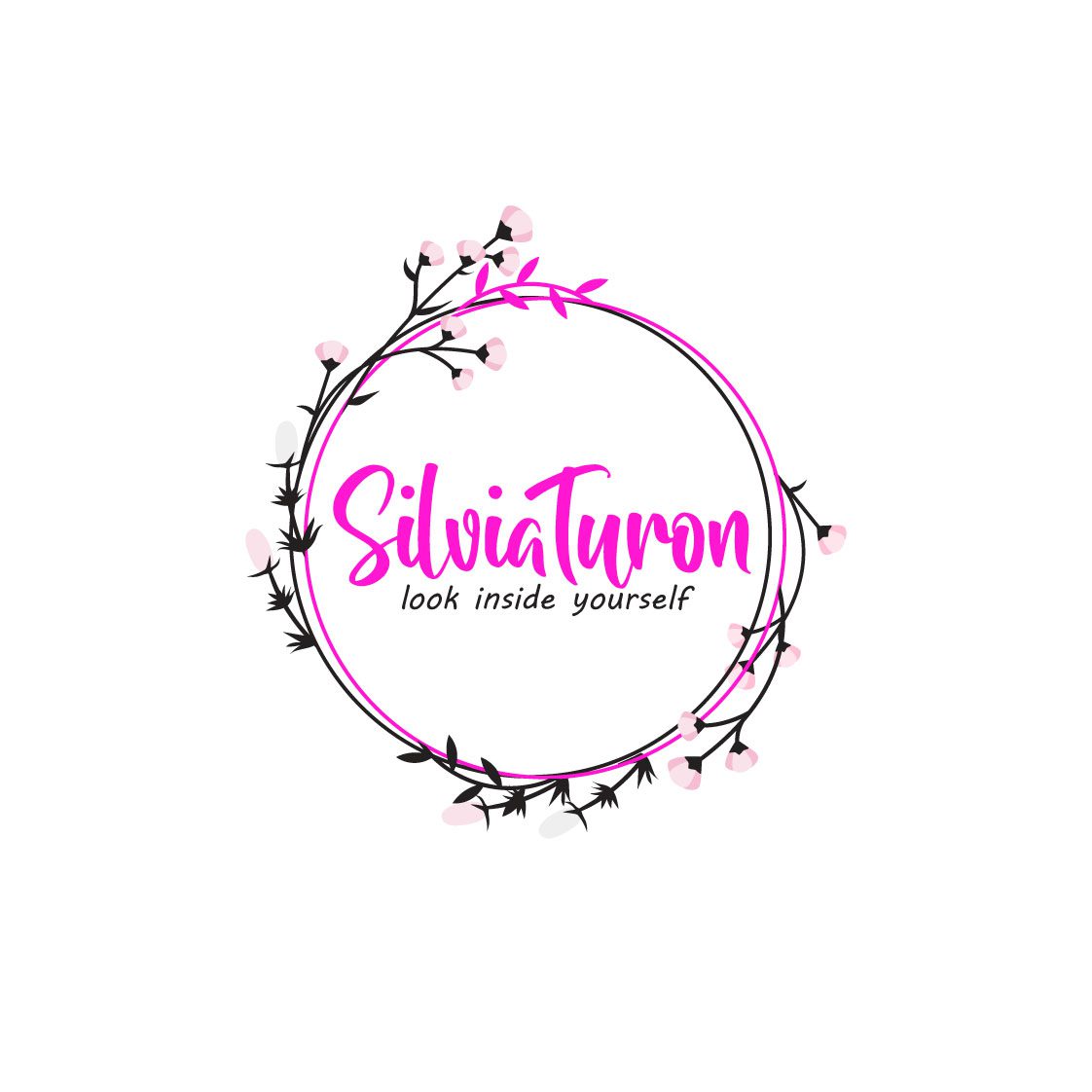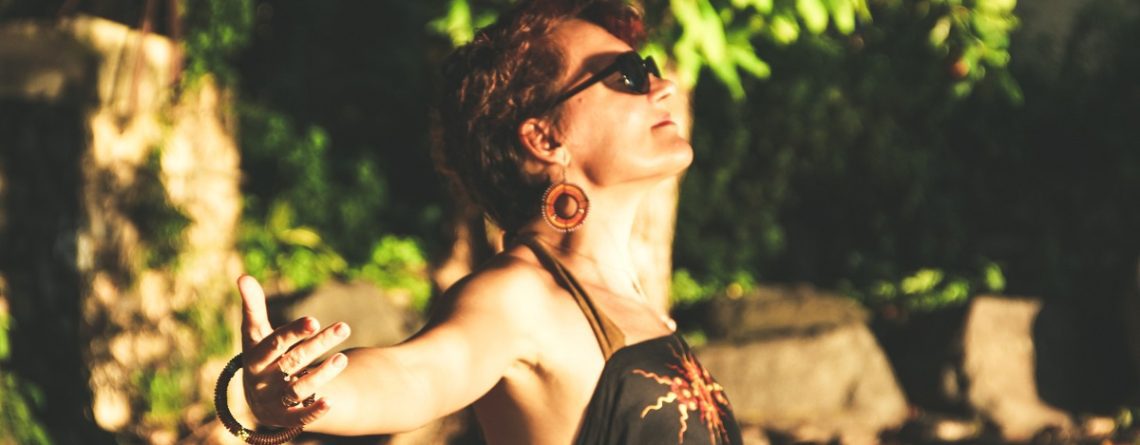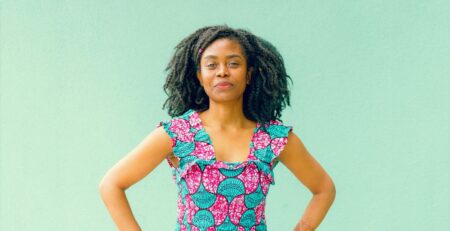3 Ways How to Trust Yourself More and Overcome Self-Doubt
You are facing a decision. You are unsure about your next step, contemplating which way to go. Fear of uncertainty creeps in but you are trying to stay calm. In situations like these, when all you got is you, it’s pointless to focus on what you can’t predict. The question is: How much do you trust yourself?
When I say to trust yourself, I am not talking about always making the right decision since there are no guarantees. We can also say that every decision is the right one since it leads us exactly where we need to go. Trusting yourself is about knowing that no matter what you face as a consequence of your decision, you will handle it.
Often, we are preoccupied with how much we can trust others. Although maintaining meaningful and trusting relationships is essential for our healthy well-being, it isn’t as important as trusting our potential, abilities, strengths, and resourcefulness. The importance of self-trust is not in its individuality but in knowing it’s the only place we have control.
Neuroplasticity and your mind
Let’s look at the role of neuroplasticity. We, as human beings, are very flexible. You can place a person into any environment, whether good or bad, and the person will adapt to the conditions in that environment. In a sense, you can say that we are like a chameleon. We figure out how to find our place in a given environment, how to live in it, and essentially, how to survive in it. We don’t have to have any prior experience in that environment – our adaptability takes care of our survival.
I am pointing it out for you to see how flexible, adaptable, and capable you are and how resourceful you become, especially when under pressure or when facing unwanted circumstances. Your inner capabilities are well beyond what you believe you can do. What tricks you is your fear and unmanaged mind.
Uncertainty is a mother of progress and lasting transformative growth. However, many of us develop trust issues with others or ourselves because we were let down by those closest to us or gave up on our commitments and growth too often.
Considering the nature and challenges we face with self-trust, it begs the question, “How can you learn to trust yourself and become more emotionally resilient in a face of adversity ?”
1. Start small
Start with small and simple tasks. It should be something you find easier to commit to and complete. If it means that you wake up 30 minutes earlier tomorrow, then do that.
Trust is a fragile thing. When we lose it or are full of doubts, it takes baby steps (many baby steps, actually) to put it back together and solidify it. Self-trust is a life-changing skill that takes time to rebuild. Therefore, don’t aim for the quickest way to get there but for the most sustainable.
Eventually, it becomes a snowball effect. Once you prove that you can stick to your commitments and rely on your potential, your confidence will grow. With more inner conviction comes more courage to take on tasks that you may see as more risky or bold.
2. Healing makes you trust yourself
Healing builds resilience, deals with unprocessed emotions, and makes you less reactive and more in control of your feelings. In a big way, trusting yourself relies heavily on emotional management.
If you get swept away by your emotions easily or if the opinions of others throw you off quickly, your self-trust will crumble, and you become more doubtful. One of the beautiful side effects of healing is that you learn to listen to your intuition and rebuild a trusting relationship with yourself.
You will take opinions or actions of the outside world off the pedestal and step on it yourself. Healing, to me, is the ultimate path to trusting yourself more while conquering your fears.
3. What actually CAN happen?
When you are about to make a big decision or trust others (which may be a scary step for many of us), you are naturally putting yourself in a vulnerable state. Any place of unpredictability requires courage and willingness to withstand the discomfort of not knowing.
In these situations, your mind naturally follows fear if you fail to control and manage it. Your mind wants to ensure your survival and the best way to do it is by keeping familiarity present and staying away from uncertainty.
Therefore, you want to be mindful of your thoughts. Instead of naturally focusing on the worst-case scenario, think of everything that can go well. Although this may sound very simplistic, growth and healing are exactly that – simple. We can go through deep inner healing and achieve lasting change by understanding one simple principle – your mind (in this case, your thoughts) creates your reality.
There will never be a perfect time to go for the things in your life you want. There will never be complete safety in the future since it remains unpredictable. Eliminating the expectation of everything always working out will save you lots of pain and wasted time.
The only sure thing in your life is to trust yourself and your ability to figure things out. I encourage you to commit to living this precious life not by default but by choice.












Leave a Reply